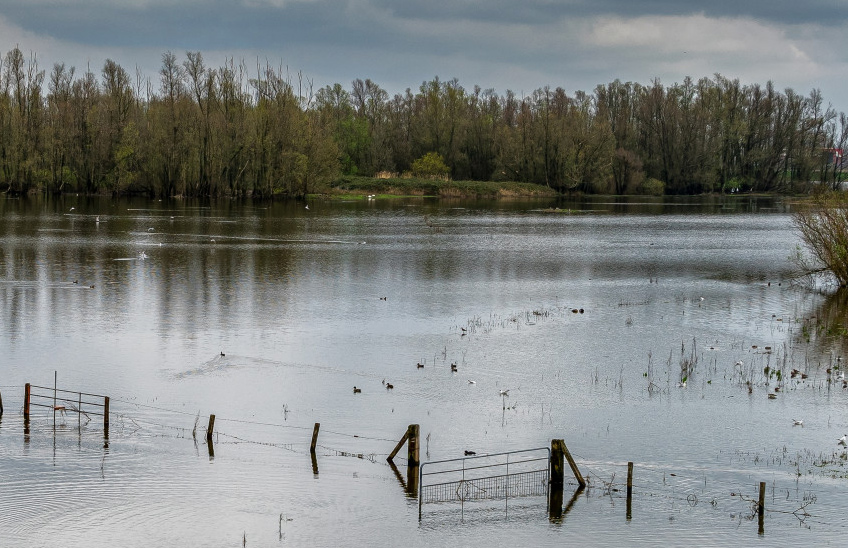Artificial Intelligence in the prevention of catastrophes such as the DANA of Valencia

10 | 12 | 2024
"The unexpectedness of the status and the uncertainty of the data generate a difficult prediction". These are critical factors when it comes to managing a catastrophe such as the recent DANA in the Levante region of Spain, says Leire Labaka, researcher at Biodiversity and Environment Institute BIOMA of the University of Navarra. The news we receive about this environmental phenomenon or similar crises show us the importance of researching and developing new resilience strategies and management in the face of catastrophes for the prevention of future environmental crises. "You have to know how to prepare for the unexpected," adds Leire.
The researcher, who develops her scientific activity in the group "Resilience and Crisis management " of the School of Engineering (TECNUN) of the University of Navarra, studies the application of artificial intelligence in the development of tools for the management of disasters. These tools are mainly used in the mitigation phase, that is, the development of strategies and keys to minimize risk levels and reduce potential threats.
Leire dedicates her research to study how these catastrophes affect critical infrastructures, which are those considered essential for the functioning of society and Economics, and aspects such as resilience in cities and society. Her current scientific activity includes the coordination of the Chair of Catastrophes of the Aon Foundation Spain, which has as goal to structure and develop in a systematic way the research and the study of disasters, and the project URBANCLIMA, focused on the development of a climate change strategy in the Basque Country.
"The implementation of artificial intelligence in the management of catastrophes allows us to explore advances such as the assessment of the impact in inaccessible areas through satellites or the development of an anticipation and a faster response thanks to its ability to filter large amounts of data", says Leire. These tools even make it easier to obtain information from monitoring sensors both in the natural environment and on social networks and platforms with large Issue from data.
reference letter bibliography:
- Elkady, S., Hernantes, J., & Labaka, L. (2024). Decision-making for community resilience: A review of decision support systems and their applications. Heliyon, 10(12). Elsevier Ltd. https://doi.org/10.1016/J.HELIYON.2024.E33116
